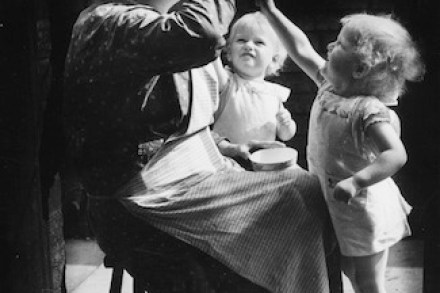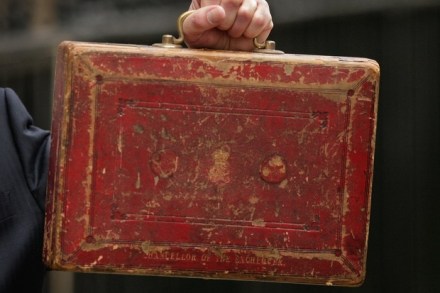Dear Mary: My teenager insists on an NHS operation. What can I do?
Q. Our son, aged l6, has a medical condition which, although not life-threatening, requires surgery by a specialist to pre-empt it becoming lifestyle-threatening. The NHS waiting list is long. He has had private health insurance since birth and never yet used it but he refuses to jump the queue as he disapproves of ‘elitism and privilege’. We’ve explained that by taking up his right to go privately he would help another young man with the same condition move more quickly up the NHS list but to no avail. While we admire his ethical aspirations, my wife is having sleepless nights. — N.G., London SW1 A. First find a surgeon who



















